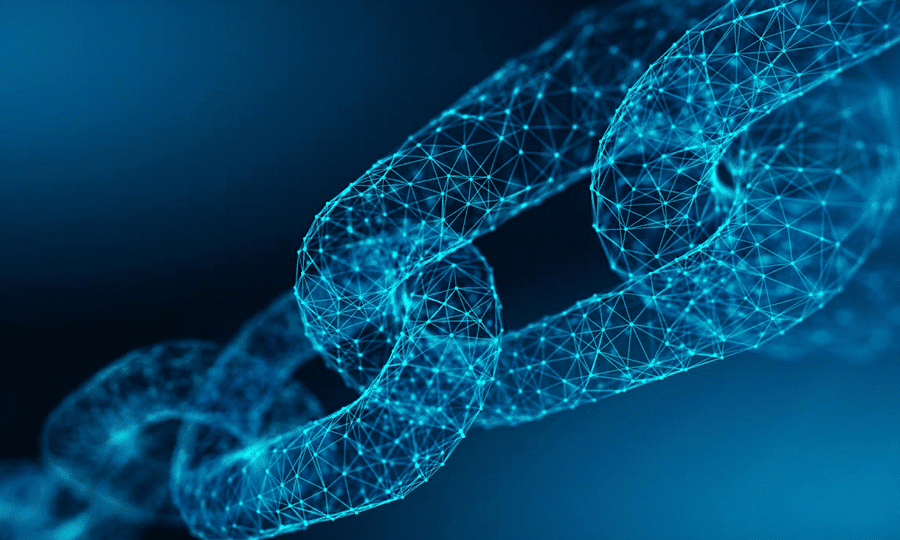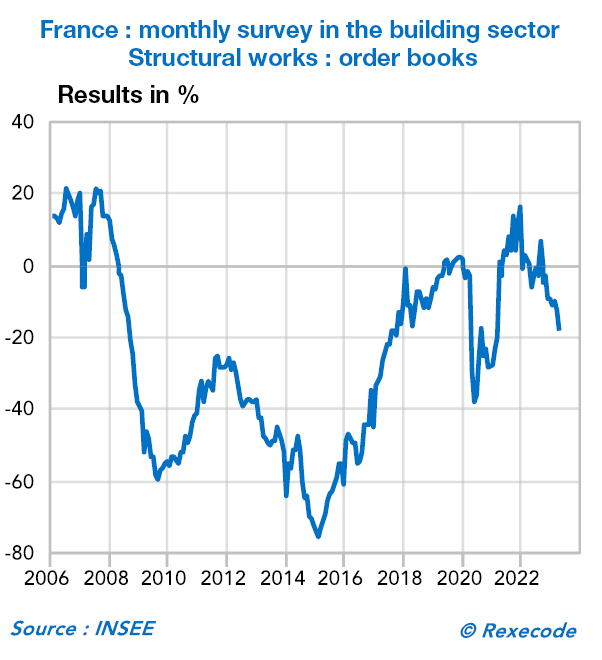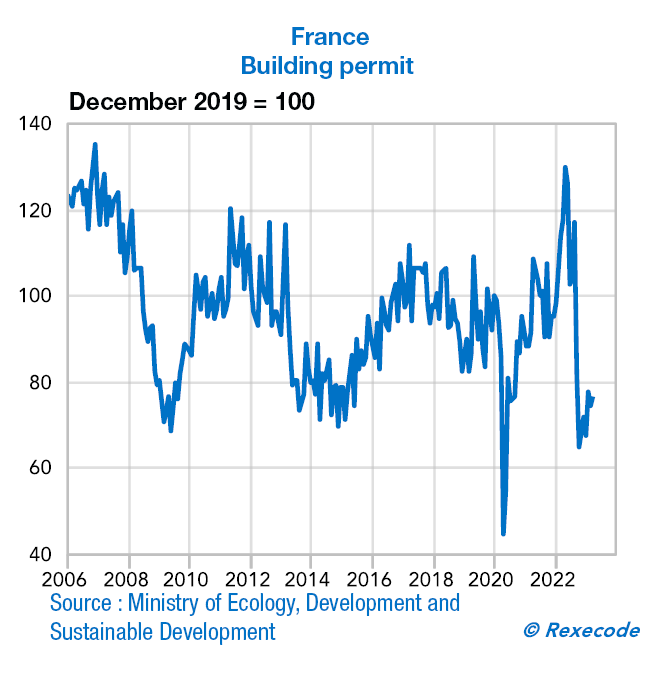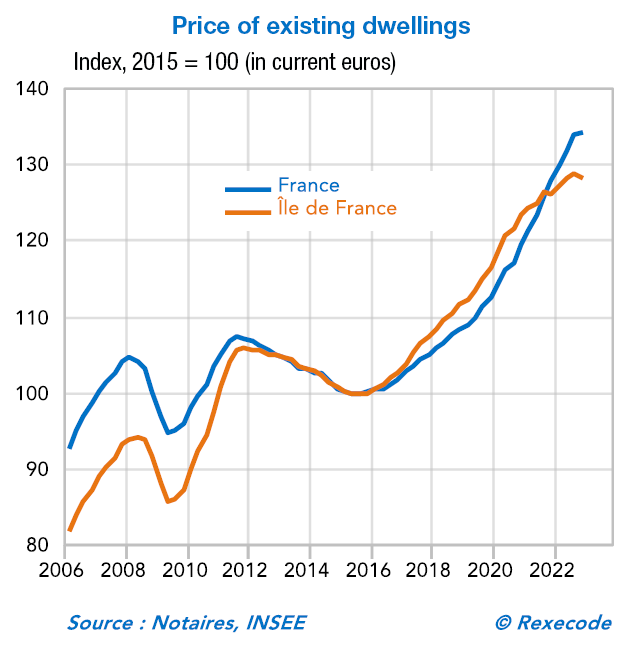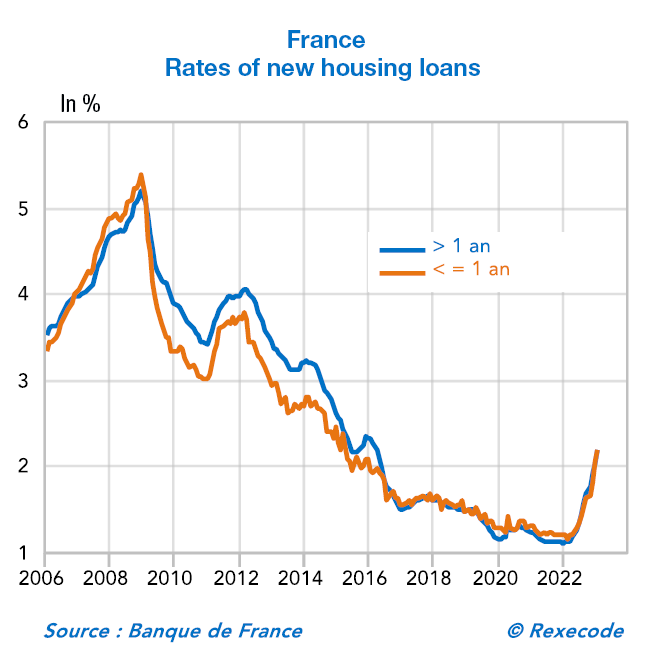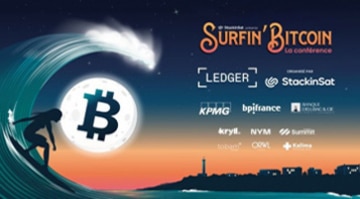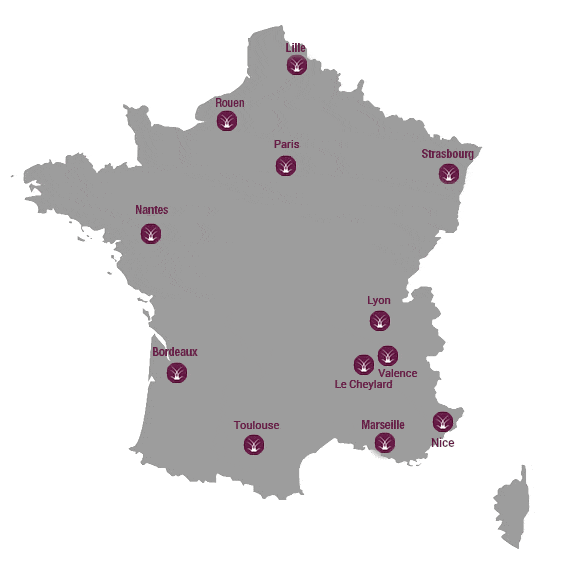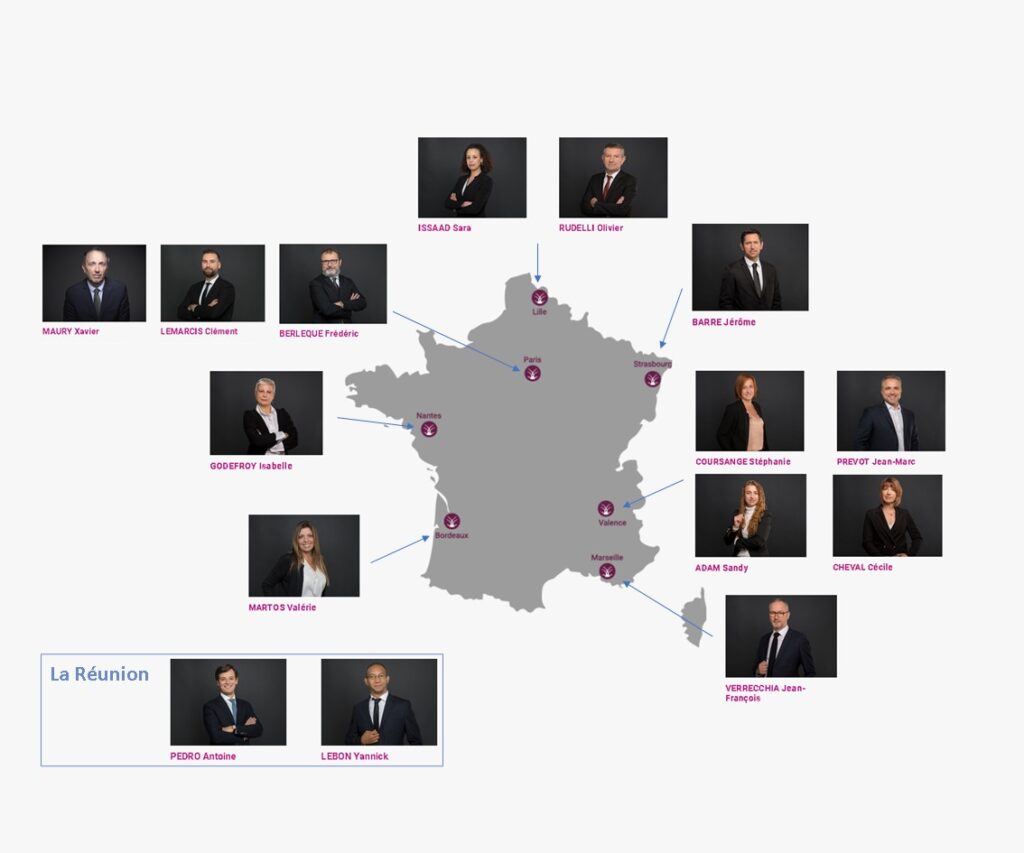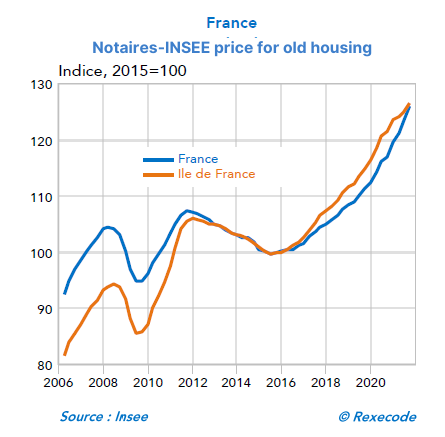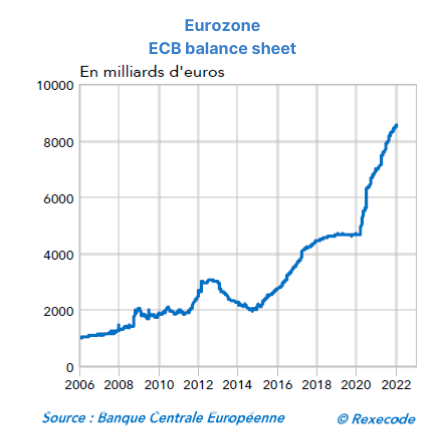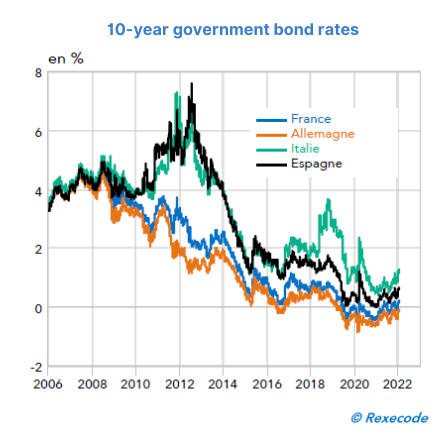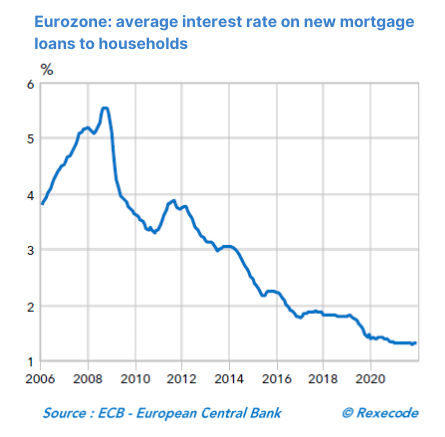
Each year, the Consumer Electronics Show (CES) in Las Vegas captures the world’s attention with the latest technological advancements. The 2024 edition, with its 135,000 attendees and 1,400 startups represented across 4,300 booths, covering an area of 2.5 million square feet (equivalent to over 36 football fields!), has once again proven its status as an essential hub for innovation.
At Delubac & Cie, our participation in this prestigious event reflects our commitment to the world of Web3 and crypto-assets, but above all, it demonstrates our desire to innovate in the banking sector to support businesses in the field!
This event provided an opportunity to showcase the bank and its vision for the sector in a world undergoing rapid technological evolution, but also to closely scrutinize the developments at CES 2024 to identify trends that will shape the future of our industry and our financial services.
Widening the Industrial Spectrum
A notable trend at CES 2024 was the entrance of new industries that have traditionally been absent or underrepresented at the show. At the same time, there was a striking absence of cybersecurity players, despite the event being at the heart of their concerns.
Iconic brands such as L’Oréal and Essilor made their first appearance at CES, highlighting the growing importance of technology in sectors as diverse as beauty and optics. Similarly, the presence of Delubac & Cie in the Web3 village illustrates the banking sector’s shift towards innovative digital solutions and a decentralized financial system. More broadly, and noteworthy at a show named the Consumer Electronics Show, is the massive arrival of B2B2C exhibitors, changing the game! People no longer come to Las Vegas just to find the latest gadget, but rather meaningful and mature innovation ready for market entry. So, when will it rebrand as the Consumer Innovation Show?
Towards an “Enhanced Human”
The 2024 edition of CES highlighted a major shift towards enhancing human capabilities through technological advances such as exoskeletons, augmented reality, and virtual reality. A company that caught our team’s attention on-site was Ultraleap, which offers total immersion experiences through advanced haptic devices, allowing users to feel and manipulate virtual objects with astonishing precision. A development for which we see a definite future in the sector, among others, of e-commerce and retail more generally!
Concerns About Generative AI
A major and unavoidable trend observed at CES 2024 was the rise of generative artificial intelligence (AI). While many exhibitors highlighted the integration of these AIs in their products and services, these technologies raise increasing concerns about their misuse to create deceptive content. To counter this, we met companies like Click app, which offers a solution for certifying digital media to combat fake news and deepfakes. Their technology promises to play a crucial role in maintaining the integrity of information in an ever-evolving digital world. Compliance being inherently in a bank’s DNA, it seems crucial for us to closely follow these new techniques for securing information and data.
Tech at the Heart of Health
A sector dear to Delubac & Cie, which regularly supports innovative health companies! CES 2024 revealed significant advancements in the health field, showcasing diverse and promising solutions. Startups such as Skezi and Linxens presented data collection and patient monitoring technologies, with remote monitoring skin patches and connected armbands. Ivès introduced a sign language communication platform, while Bodit Inc developed animal health monitoring devices. Companies like FRENZ Brainband and NuraLogix highlighted brain function enhancement devices and health monitoring devices, respectively. Other innovations included LED massage technologies, real-time physiological monitoring devices, smart rings for health management, and connected glasses for the visually impaired. These advancements reflect a continued commitment to improving human or animal health.
Sustainability and Green Innovation
In a world where sustainability is increasingly central, Tech For Good shone with its green innovations and commitments to sustainable development. CES was the stage for the introduction of cutting-edge technologies aimed at reducing our carbon footprint and promoting a more environmentally friendly future. From energy-efficient devices to renewable energy solutions, exhibitors unveiled innovative ideas across an increasing number of sectors. Among the most notable, we observed smart home systems designed to optimize energy consumption, electric vehicles with long-lasting batteries, and revolutionary advancements in recycling.
For example, Jackery captured our attention with the introduction of a robot capable of capturing solar energy to power a home. Many other companies also presented innovative solutions for generating electricity from alternative sources such as noise or waste. We were also impressed by Qarnot Computing, a startup presenting a computer network infrastructure based on the reuse of waste heat, thus offering a sustainable solution to reduce the carbon footprint of data centers.
These advancements demonstrate a collective commitment to a cleaner and more sustainable future. As a representative of Delubac & Cie, we are excited by these developments that offer unique investment opportunities in environmentally friendly technologies.
The Emerging Metaverse
Finally, the concept of the Metaverse was widely discussed and explored at CES 2024. As a sponsor of the space dedicated to Web3, Crypto, and Metaverse technologies, Delubac & Cie could not overlook this trend! Although its adoption is still in its early stages, we were able to observe the progress made in the convergence of the technological infrastructures necessary for its realization. Companies such as Meta (formerly Facebook) presented their visions of the metaverse during conferences and its implications for the future of human interaction and collaboration. At Delubac & Cie, we are on the lookout for the potential of the metaverse, which could transform our interactions with our clients and partners, but even more so on how we could support Web3 companies with banking offers tailored to their sector and specific needs in decentralized finance.
In conclusion, CES 2024 once again demonstrated that innovation is at the heart of our industry. At Delubac & Cie, we remain committed to staying at the forefront of these developments to offer our clients innovative financial solutions tailored to a constantly evolving world. We look forward to CES 2025 to discover the next trends that will shape our future, but before that, see you at Vivatech from May 22 to 25, 2024!

